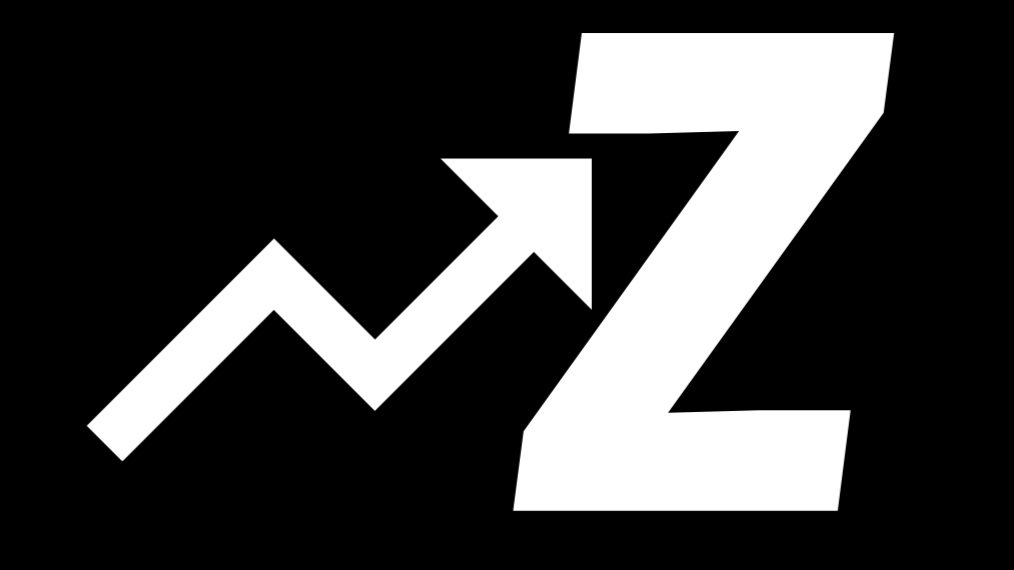Israel Considers Path to Peace in Lebanon Conflict
The Israeli government is moving closer to a decision on a cease-fire in Lebanon after over a year of fighting with Hezbollah, a militant group operating near Israel’s northern border. Prime Minister Benjamin Netanyahu is set to meet with his cabinet to finalize the decision, which has significant implications for both security and stability in the region.
The conflict has seen Israeli forces engaging Hezbollah fighters in southern Lebanon. Hezbollah has been accused of launching attacks into Israel, prompting military responses. The proposed cease-fire, supported by the United States, aims to bring an end to the violence and restore calm to the area.
Under the terms being discussed, Israeli troops would withdraw from Lebanon within 60 days. In return, Hezbollah fighters would move further north, away from Israel’s border. This would create a buffer zone and reduce the risk of future clashes. However, Netanyahu has expressed the need for assurances that fighting could resume if Hezbollah violates the terms of the agreement.
The cease-fire plan also comes with international involvement. The United States and France have pledged to help ensure the agreement is upheld. While no American troops will be deployed, these nations aim to monitor and support the truce, ensuring it remains effective.
The cease-fire could allow displaced civilians in both countries to return home and begin rebuilding their lives. For Lebanon, the deal may also represent a chance to regain control and stability within its borders. President Biden has called the agreement a step toward broader peace in the Middle East, with hopes that it might also lead to a cease-fire in Gaza, where fighting has caused significant suffering.
As discussions continue, the international community is watching closely, hopeful that the cease-fire will bring relief to the region and set the stage for lasting peace.
